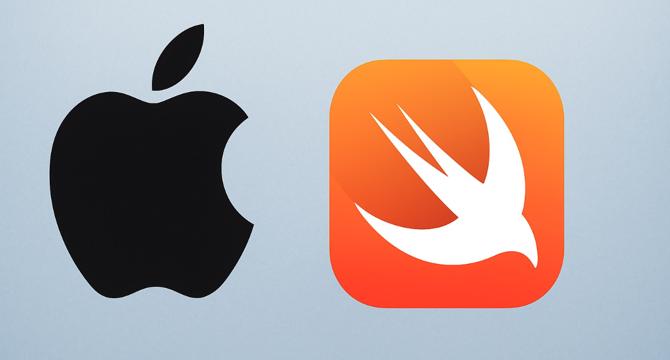Infoq
2d
198

Image Credit: Infoq
Apple Completes Migration of Key Ecosystem Service to Swift, Gains 40% Performance Uplift
- Apple migrated its Password Monitoring service from Java to Swift, achieving a 40% performance boost and reducing memory usage significantly, freeing up 50% Kubernetes capacity.
- The rewrite allowed the service to handle billions of requests per day, improving responsiveness and maintainability.
- Swift enabled smaller, more expressive codebases with an 85% reduction in lines of code, prioritizing safety and efficiency.
- The service checks user credentials for data breaches without disclosing private info to Apple, using privacy-preserving protocols.
- Swift's deterministic memory management reduced latency spikes caused by garbage collection pauses, ensuring consistent low-latency responses at scale.
- Apple reported sub-millisecond 99.9th percentile latencies and reduced memory usage with Swift instances consuming hundreds of megabytes.
- Swift's faster startup times and better scalability supported Apple's global autoscaling requirements.
- The migration from Java to Swift aligns with a broader trend of using performance-oriented languages for extreme-scale services.
- Companies like Meta, Netflix, and AWS are also adopting languages like Rust and Go for better performance and efficiency.
- There is a shift towards performance-oriented languages for services operating at extreme scales, although Java and similar languages are still prevalent.
- The trend indicates that for high-performance requirements, some are moving away from general-purpose runtimes.
Read Full Article
11 Likes
For uninterrupted reading, download the app